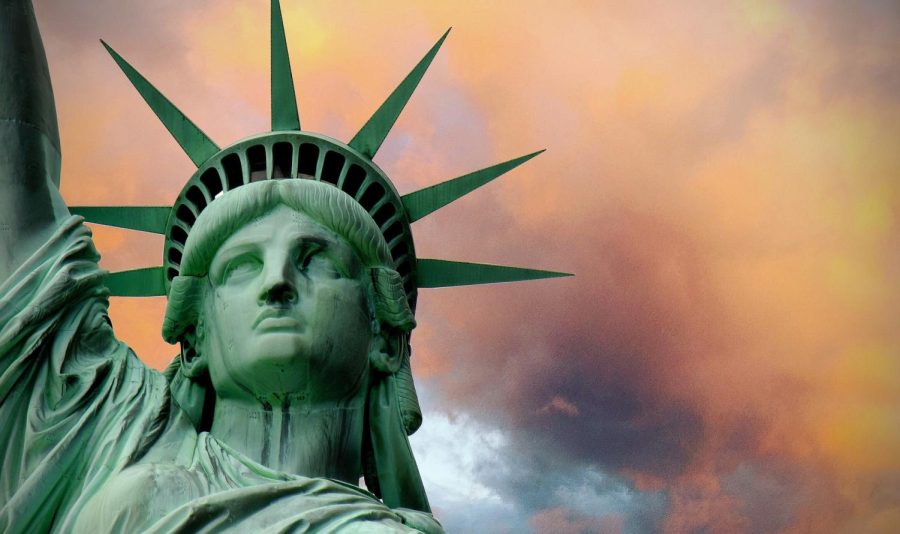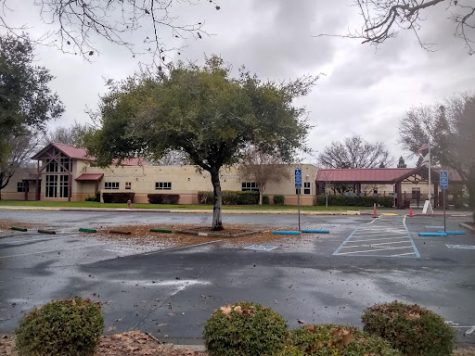National issues prompt political advocacy by Natomas Pacific Pathways Prep students
More stories from Akshaj Mehta
At Natomas Pacific Pathways Prep political advocacy issues on and off campus are motivating students to become more engaged in civic events.
Off campus other issues that concern youth reflect national developments. These include gun control, education policies concerning marginalized communities, police officers in schools and even voting at a young age. One of the prominent issues on campus is the school dress code.
Political advocacy’s importance has been a hot topic among youth in light of recent events.“Not only does political advocacy help youth to understand issues that affect them currently and advocate for themselves as young people in a system where they aren’t given much power, but it also provides a way for youth to be educated on issues that will impact them later in their lives,” said Chloe Durham, a junior at Np3, when asked about the importance of political advocacy.
Leila Pabst, a senior, expressed similar sentiments.
“Empowering youth to engage and take an initiative is essential for positive societal changes,” said Pabst. “Raising awareness allows the youth to have their voices heard on important issues and helps them find access information they may need to make better choices while they start to form their own opinions,”
Youth political advocacy is also incredibly important because every year legislation is created that directly affects students.
“We see major student loan policies being batted around in the courts, and if the youth wanted to, they could make a difference,” said Noah Crocker, senior at Np3.
Despite the importance, low turnout among young voters is an issue, with Np3 students attributing it to a number of factors.
“A low voter turnout amongst young people may come down to not feeling ready and a lack of political advocacy in teens. Voting tends to feel like a large responsibility; a burden. With a rise in political advocacy for youth we can expect to see a higher turnout of young voters,” said Mckenna Prezler, a sophomore at Np3.
Another reason, as explained by Durham, is that elections aren’t a topic especially at the forefront of most students’ minds.
“Most 18-year-olds aren’t exactly focused on politics or elections. They are focused on the new freedoms that they have as adults. Those who do have elections in mind have a sort of mindset where they think that their vote doesn’t matter,” said Durham.
Pabst agreed, saying, “I think there is such a low voter turnout amongst the youth because of personal distractions and institutional hurdles. The process of voting can take time, effort, and planning like voter registration and obtaining accepted voter identification”
Crocker added, “The problem is, youth are either too busy or not aware of the importance of voting and politics, which is why there is historically such low turnout. This changed in the recent midterms, but it’s just the first step,”
Crocker voted once he turned 18, in 2022.
“I voted as soon as I turned 18 because I know that if I want change, I have to take initiative,” he said.
Your donation will support the student journalists of Student Education Reporter program. Your contribution will allow us to hire more student journalists to cover education in the Sacramento region.










